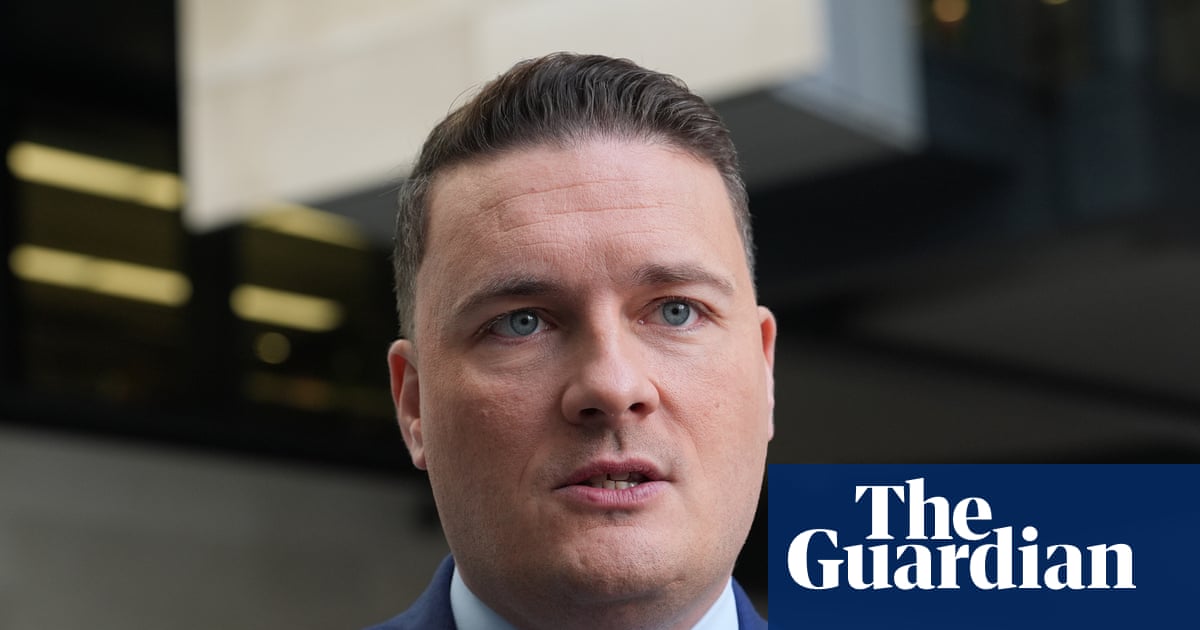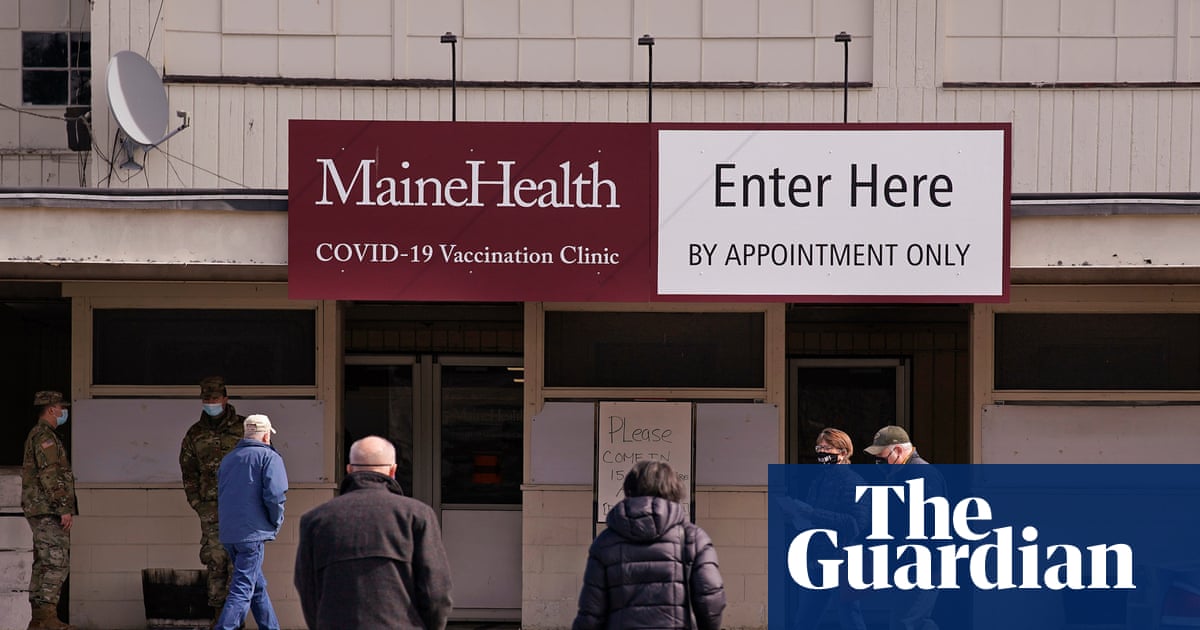The voices of women who have died at the hands of a partner or former partner are being ignored and the government is failing to heed warnings from their deaths, a damning report from the domestic abuse commissioner reveals today.
An examination into how the government learns lessons from the deaths of domestic abuse victims has found that half of the national recommendations made in domestic homicide reviews (DHRs) are not put into action, with only a quarter fully implemented.
The domestic abuse commissioner, Nicole Jacobs, told the Guardian that a study of DHRs – carried out whenever anyone over 16 is murdered in a domestic setting – revealed a “deeply concerning” lack of oversight at the top of government.
Between 2019 and 2021 DHRs made 110 national recommendations, the majority of which were for the Home Office. Of these only 25% were fully implemented, while a further 25% were deemed to be happening already, 21% were missing, 20% were partly met and 8% were not met.
The report found that “most shockingly” in the majority of cases government departments were not aware a recommendation had been made to them, and not a single one could confirm they had told the review’s local authors about the action they had taken.
Despite the value of DHRs, which were introduced in 2011, the report states: “We currently have no idea the extent to which recommendations and action plans are being implemented on a national level. This is a huge opportunity missed.”
Asked if the government was ignoring the voices of women who had been killed, Jacobs said: “Yes, we’re ignoring that tragedy. The whole point of these reviews is to shine a light on what is going wrong.”
Jacobs said that in hundreds of meetings with the families of women who had been killed by domestic abusers, they all spoke of their desire to prevent further murders. Calling for more accountability and central oversight, she added: “What we’re saying at the moment is we’re not willing to put in the work to make sure that we’re doing everything we can so that no one else has to go through this.”
The government’s highly anticipated Violence Against Women strategy, part of Keir Starmer’s pledge to halve violence against women and girls (VAWG) in a decade, is expected in September. Jess Phillips, the safeguarding minister, has promised to tackle the “scourge of femicide” and reduce the number of women killed by partners and former partners.
But Jacobs said she worried that instead of a “big vision” the government was employing a “spending review strategy” and risked limiting itself to “what was affordable right now”. She urged Starmer to take control in delivering the promise.
“The prime minister and the most senior people in government have got to stop – right now – and take a very hard look to see if their commitments are anywhere near where they need to be,” she said. “This is the critical moment. It is now or never. This is going to be the period where they will either look back in 10 years and say that’s when we made the decisions that really turned the tide on this or when the opportunity was missed.”
Jacobs, who became the first person to hold the post in 2021 when it was created by the Domestic Abuse Act, already has concerns. Failing to put tackling VAWG at the heart of the government’s 10-year plan for the NHS, launched this month was a missed opportunity, she said.
Analysis shows that the NHS has more contact with victims and perpetrators than any other public service, but a recent report concluded that the health service is failing victims by not training staff.
“When the VAWG strategy is published later this year it must link more closely to the NHS plan to make sure the NHS plays its part in keeping victims and survivors safe,” said Jacobs.
Before the review Jacobs – who knows the pressure of the frontline having run a domestic abuse services for 20 years – said it was time for cash-strapped services dealing with abuse victims to get core funding from the government, in the same way that the Domestic Abuse Act imposed a duty on local authorities to provide refuges.
Last year a slew of women’s charities wrote to Starmer to warn him that funding cuts and rising costs would have “dire consequences” for victims of domestic and sexual violence and put the government’s mission to halve violence against females “in jeopardy”.
“When those services are not there victims die, are severely harmed and suffer lifelong impacts,” said Jacobs. “There is a tragic human cost to that but an economic cost as well.”
A spokesperson for the Home Office said it did a public consultation on DHR in 2024 and was looking at the statutory guidance underpinning the recommendations to ensure “a more effective process”.
Phillips said: “My thoughts are with the family and friends of those who have lost a loved one to domestic homicide. Every single death is a tragedy, and more needs to be done to ensure domestic homicide reviews are effective and timely.
“A new oversight board with publicly-appointed members and training for review chairs would make sure recommendations went to the right person, and lessons were learned. We cannot afford to have recommendations lost.”

 3 months ago
71
3 months ago
71

















































